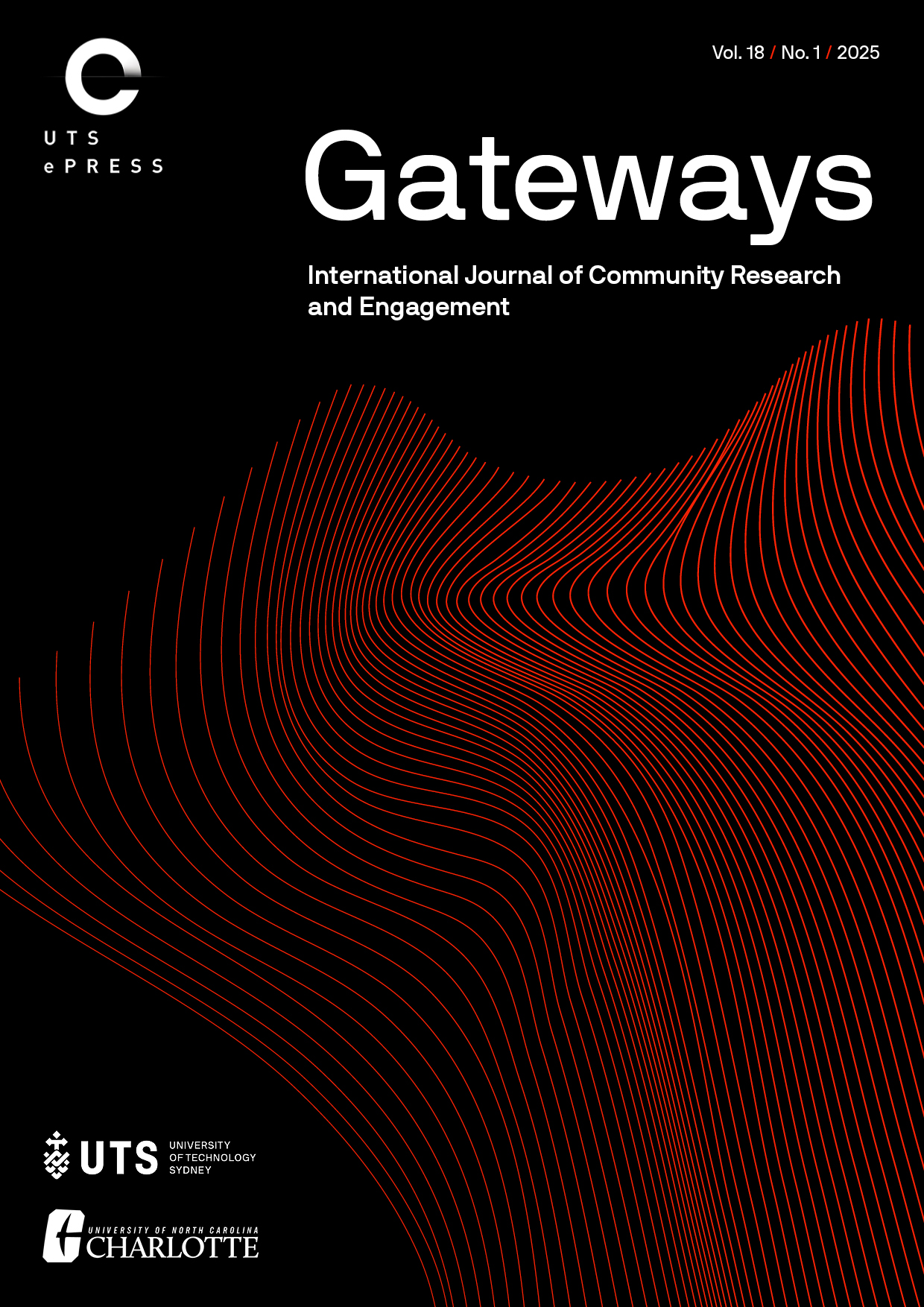Resisting scientific extractivism: A post-extractivist policy of knowledge production with marginalized communities
Main Article Content
Abstract
This article analyses scientific extractivism as a research process in which the experiences, discourses and knowledge of members of marginalised social groups are subalternised, i.e. reduced to raw data appropriated by academics. What has been captured and assimilated is then largely reinjected into closed circuits operating essentially between academics, from which marginalised communities are largely excluded. Ultimately, extractivism produces scientific careers and minefields; it confers disproportionate benefits to academics and little or no benefit on communities in material support, intellectual credit, or contribution to social struggles, which may lead them to turn away from academia.
This analysis then raises the importance of developing post-extractivist approaches in the social sciences, based on an ethics of knowledge production rooted in the concepts of epistemic justice, reciprocity and accountability. I introduce a set of post-extractivist research postures and practices: clarifying and negotiating expectations of research projects; promoting a relational ethics on issues of epistemic and social justice in the production of knowledge with communities; countering the subalternisation of knowledge by reconsidering the teaching of qualitative methodologies in the social sciences; valuing reciprocity and accountability towards communities; and reconsidering the logic of careers and the functioning of our academic institutions.
This analysis is based on pioneering work on this subject, particularly in a context of the relationship between the Global North and the Global South, such as those of Rivera Cusicanqui (2010), Tuhiwai Smith (2012), Betasamosake Simpson (Klein 2013), Gudynas (2013) or Grosfoguel (2016a, 2016b). They are also informed by my experience in participatory research with community-based organisations that work with marginalised communities in the field of the fight against poverty, homelessness and mental health in Quebec (Canada).
Article Details
Issue
Section
Authors who submit articles to this journal from 31st March 2014 for publication, agree to the following terms:
a) Authors retain copyright and grant the journal right of first publication with the work simultaneously licensed under a Creative Commons Attribution License that allows others to share and adapt the work with an acknowledgement of the work's authorship and initial publication in this journal.
b) Authors are able to enter into separate, additional contractual arrangements for the non-exclusive distribution of the journal's published version of the work (e.g., post it to an institutional repository or publish it in a book), with an acknowledgement of its initial publication in this journal.
c) Authors are permitted and encouraged to post their work online (e.g., in institutional repositories or on their website) prior to and during the submission process, as it can lead to productive exchanges, as well as earlier and greater citation of published work (See The Open Access Citation Advantage Service). Where authors include such a work in an institutional repository or on their website (ie. a copy of a work which has been published in a UTS ePRESS journal, or a pre-print or post-print version of that work), we request that they include a statement that acknowledges the UTS ePRESS publication including the name of the journal, the volume number and a web-link to the journal item.
d) Authors should be aware that the Creative Commons Attribution (CC-BY) License permits readers to share (copy and redistribute the work in any medium or format) and adapt (remix, transform, and build upon the work) for any purpose, even commercially, provided they also give appropriate credit to the work, provide a link to the license, and indicate if changes were made. They may do these things in any reasonable manner, but not in any way that suggests you or your publisher endorses their use.
For Volume 6 (2013) and before, the following copyright applied:
Articles published by UTSePress are protected by copyright which is retained by the authors who assert their moral rights. Authors control translation and reproduction rights to their works published by UTSePress. UTSePress publications are copyright and all rights are reserved worldwide. Downloads of specific portions of them are permitted for personal use only, not for commercial use or resale. Permissions to reprint or use any materials should be directed to UTSePress.
